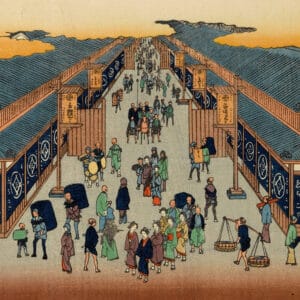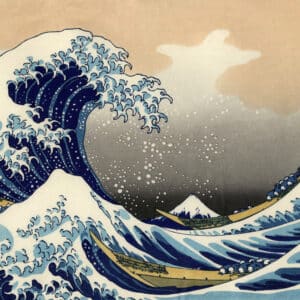International Sales Secrets: How To Sell Your Products In Japan
If you want to grow your international sales, Japan is a market you can’t ignore.
And to help make things a little easier, here are 14 of the lessons we’ve learned from helping over 400 clients selling both consumer (B2C) and non-consumer products (B2B) connect with the right sales partners in Japan.
1. Distributors are key. Unless you’re planning to set up an office in Japan and hire Japanese employees, finding the right Japanese sales partners (distributors) is key to selling your products in Japan.
2. Agents aren’t common. Agents and manufacturers’ reps are not common in Japan except in a few industries. Most foreign products sold in Japan go through distributors. These companies import and resell these products to wholesalers, retailers, and end-users.
3. Number of distributors. There are usually 20 to 50 of these distributors in a given industry or market.
4. Japan’s dual distribution structure. There are two types of distributors in Japan: those that deal mainly with Japanese companies and those that deal mainly with foreign companies. Distributors that handle Japanese products are rarely interested in selling foreign products as well.
5. Selling to retailers. Large Japanese retailers rarely buy directly from foreign suppliers. The best way to sell to these retailers is through a distributor that is already doing business with them.
6. National vs regional distributors. Most distributors selling foreign products operate nationally. Regional distributors are not common.
7. Location, location, location. Distributors are usually based either in the Tokyo metropolitan area or in Osaka. Some also have local offices to be closer to their customers.
8. Function of the distributor. In addition to warehousing your products, your distributor will actively support and market your products.
9. Evaluating potential distributors. If you are an international sales professional, you already know this but the best way to evaluate potential distributors is to look at the products they are currently selling and the wholesalers, retailers, and end-users they do business with.
Some best practices for evaluating potential Japanese distributors here
10. Exclusivity. Distributors typically want exclusivity although you may need multiple distributors to address different markets/industries. Be sure to link exclusivity to achieving revenue targets.
11. Your competitors’ distributors. Approaching your competitors’ distributors is rarely effective. A better approach is to find distributors that are handling complementary (not competing) products.
12. The first sale is to the distributor. The best distributors are the most selective and will need to be convinced on the merits of handling your products.
More on how to convince Japanese distributors to take on your products here
13. Do they speak English? Distributors handling foreign products often don’t have much English on their websites although they usually speak English well and deal with foreign companies on a daily basis.
14. Google isn’t the way to go. Trying to identify the right distributors by searching the Internet is almost impossible as these companies do little to make their sites easy to find in search engines like Google.
These lessons apply to most categories of products but not to all. Contact us to find out how they would apply to your products or to learn more about our services.
Another resource you may useful is the Country Commercial Guide (CCG) for Japan which provides insight into economic conditions, leading sectors, international sales techniques, customs, regulations, standards, business travel, and more.

Looking To Grow Your International Sales?
We Can Help You Sell Your Products In Japan
We’ve connected 400+ companies with the right importers, agents & distributors in Japan using our proven 4-step FAST Formula™.
Companies selling everything from highly specialized B2B, medical, industrial, technical, and scientific products… to all types of consumer goods. Click here to see our track record
So if your products are right for the Japanese market, there’s a very good chance we can help you connect with Japanese sales partners who speak English… know your industry… and have a strong track record of selling products like yours.
Click on the button below to learn more.
